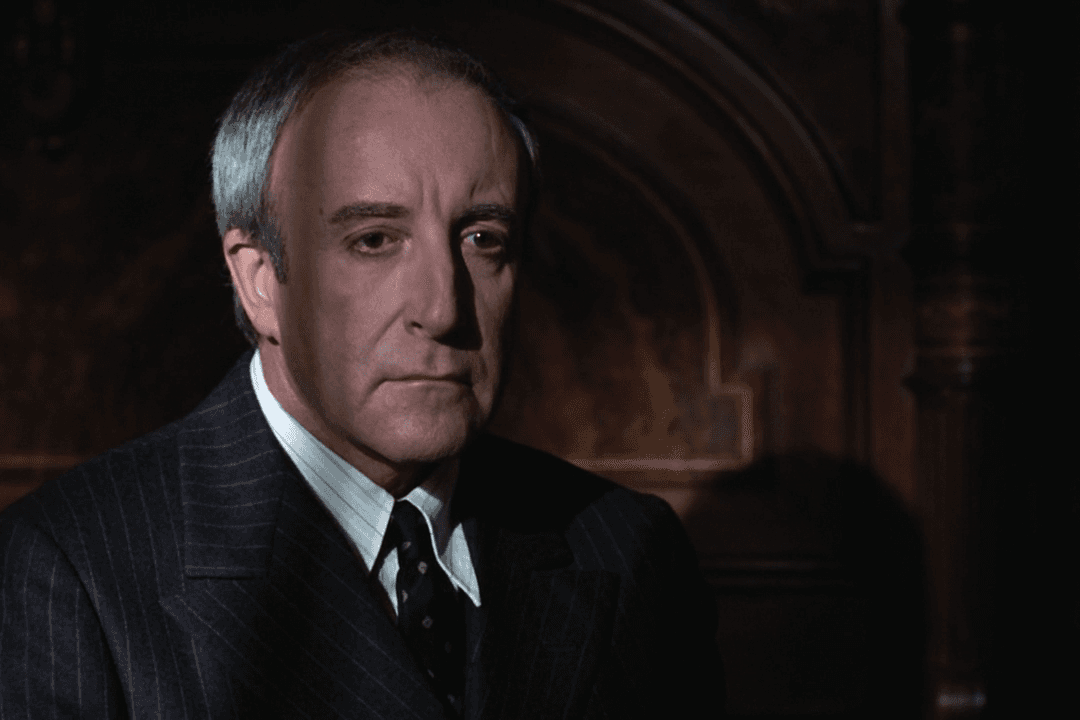Commentary
As a kid, brimming with pride at American achievements and institutions, I marveled at Soviet leaders and the sheer absurdity of it all. Here were inarticulate and mostly decrepit party hacks only pretending to be in charge.

As a kid, brimming with pride at American achievements and institutions, I marveled at Soviet leaders and the sheer absurdity of it all. Here were inarticulate and mostly decrepit party hacks only pretending to be in charge.